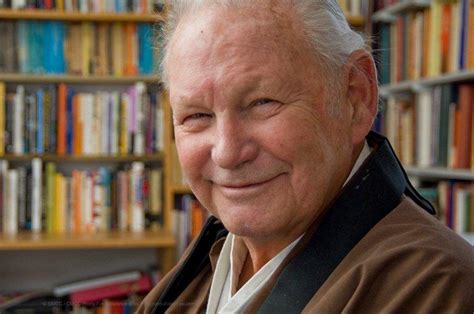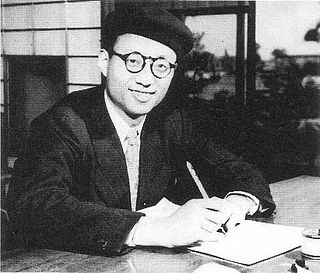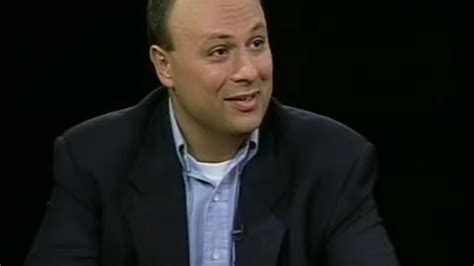A Quote by Paul Di Filippo
The three touchstones that woke Buddha up - sickness, old age, and death - are a pretty good place to start when crafting a tragic tale. And if we need to get more specific: heartbreak, destruction, miscomprehension, natural disasters, betrayal, and the waste of human potential.
Related Quotes
When in doubt, the rule of threes is a rule that plays well with all of storytelling. When describing a thing? No more than three details. A character's arc? Three beats. A story? Three acts. An act? Three sequences. A plot point culminating in a mystery of a twist? At least three mentions throughout the tale. This is an old rule, and a good one. It's not universal - but it's a good place to start.
I Need a Good Book I need a good story. I need a good book. The kind that explodes Off the shelf. I need some good writing, Alive and exciting, To contemplate all by myself. I need a good novel, I need a good read. I probably need Two or three. I need a good tale Of love and betrayal Or perhaps an adventure at sea. I need a good saga. I need a good yarn. A momentous and mightily Or slight one. But with thousands and thousands And thousands of books, I need someone to tell me The right one. -John Lithgow
Gangsters live for the action. The closer to death, the nearer to the heated coil of the moment, the more alive they feel. Most would rather succumb to a barrage of bullets from a roomful of sworn enemies than to the debilitation of old age, dying the death of the feeble. A gangster becomes as addicted to the thrill of the battle and the potential to die in the midst of it as he does to he more attractive lures in his path. In his world, the potential for death exists every day. The better gangsters don't shy away from such a dreaded possibility but rather find comfort in its proximity.
History tells us more than we want to know about what is wrong with man, and we can hardly turn a page in the daily press without learning the specific time, place, and name of evil. But perhaps the most pervasive evil of all rarely appears in the news. This evil, the waste of human potential, is particularly painful to recognize for it strikes our parents and children, our friends and brothers, ourselves.
The critical question for our generation—and for every generation— is this: If you could have heaven, with no sickness, and with all the friends you ever had on earth, and all the food you ever liked, and all the leisure activities you ever enjoyed, and all the natural beauties you ever saw, all the physical pleasures you ever tasted, and no human conflict or any natural disasters, could you be satisfied with heaven, if Christ were not there?





































